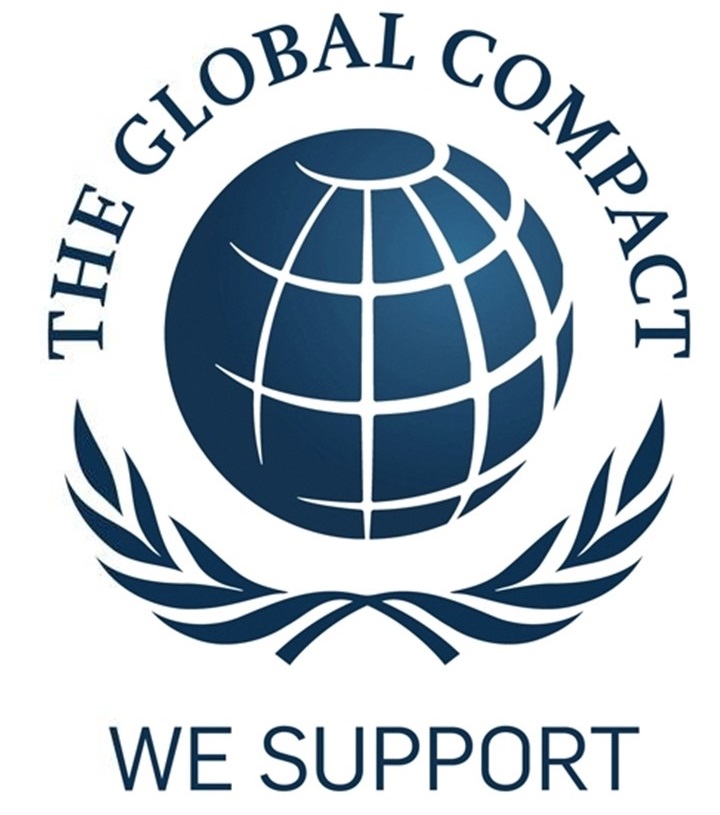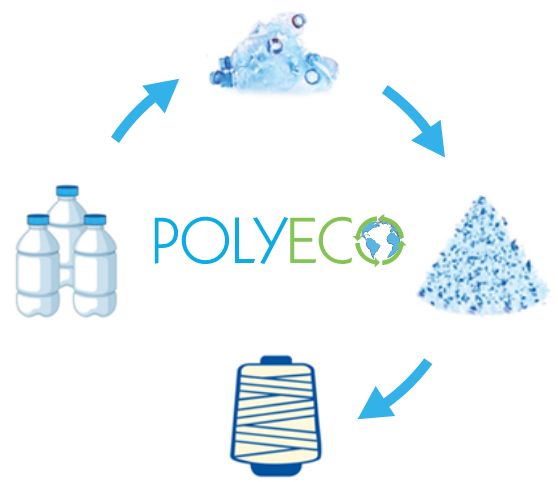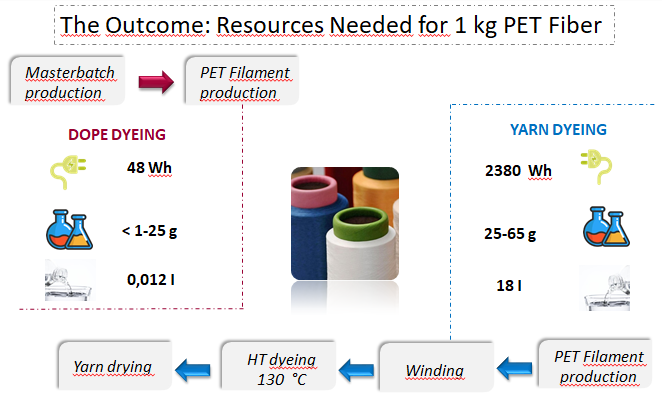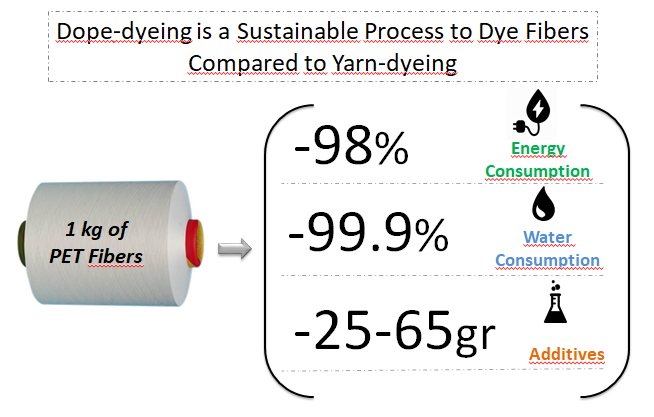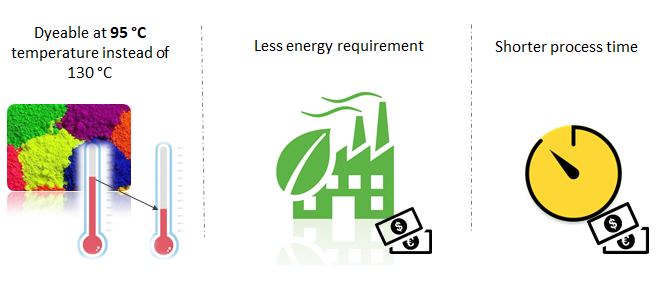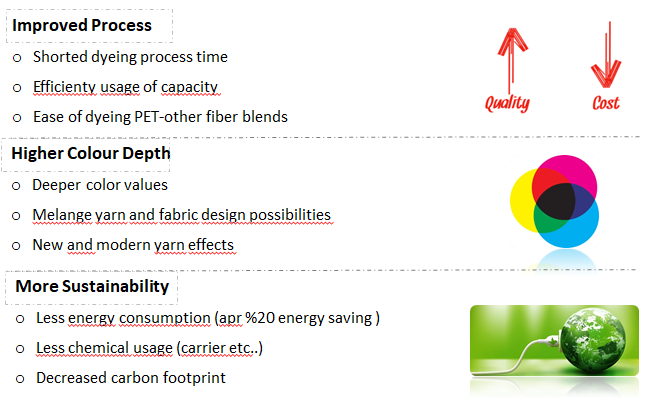|
Placing sustainability and environmentally responsible production at the core of its operations, Taşdelen Group continues to create value for both nature and the future through its renewable energy investments.
Within this framework, the Group has successfully commissioned and operates three Solar Power Plants (SPPs) located in Nevşehir and Konya, covering a total area of approximately 300,000 square meters. These investments include one plant in Nevşehir spanning 150,000 square meters and two plants in Konya covering a combined area of 133,000 square meters.
In response to rising global energy costs and sustainability-driven regulations, energy-intensive industries are increasingly transitioning to renewable and environmentally friendly energy sources. Through its Solar Power Plants, Taşdelen Group actively contributes to green energy generation, utilizing 100% of the electricity produced for its own operations, thereby significantly reducing its carbon footprint and environmental impact.
Taşdelen Group's renewable energy journey began following the announcement of the United Nations' 2030 Agenda for Sustainable Development in 2015. This vision gained further momentum with the launch of the European Green Deal in 2019, accelerating both project development and implementation processes.
The European Green Deal aims to combat climate change while promoting green investments, creating new employment opportunities, ensuring the transition to clean and renewable energy, and strengthening environmental justice. The initiative targets making Europe the world's first climate-neutral continent by achieving net-zero greenhouse gas emissions by 2050.
Since its establishment, Taşdelen Group has operated with an environmentally conscious and innovative vision. Through its Solar Power Plant investments, the Group continues to align its long-term strategies with the principles of the European Green Deal, reinforcing its position among forward-looking companies committed to sustainable growth and a low-carbon future.
|

